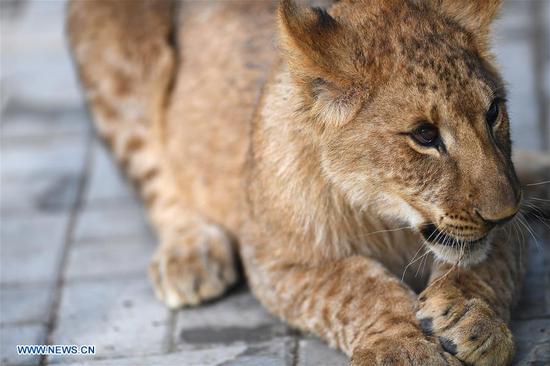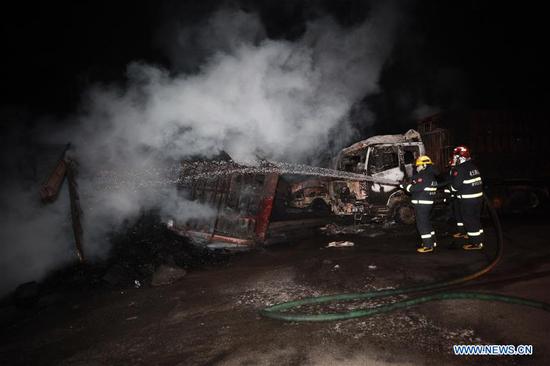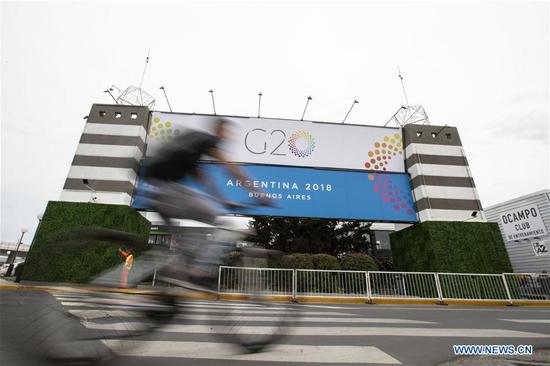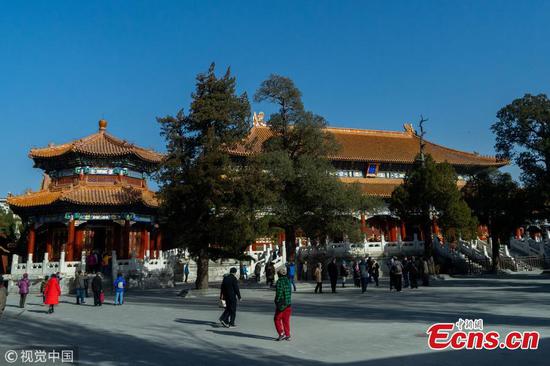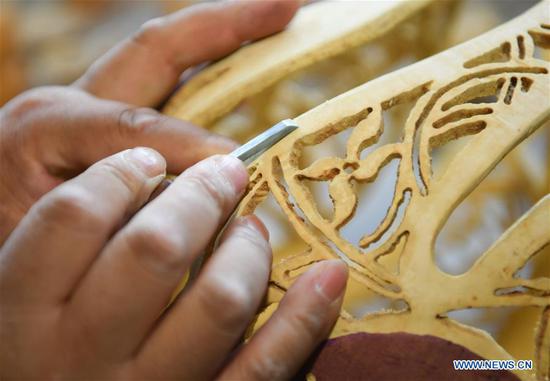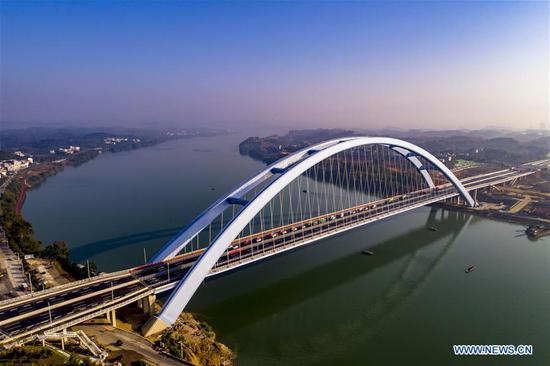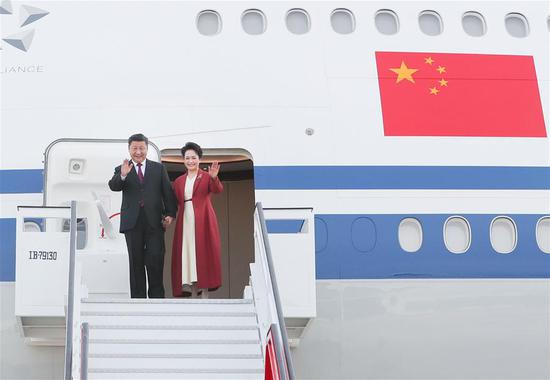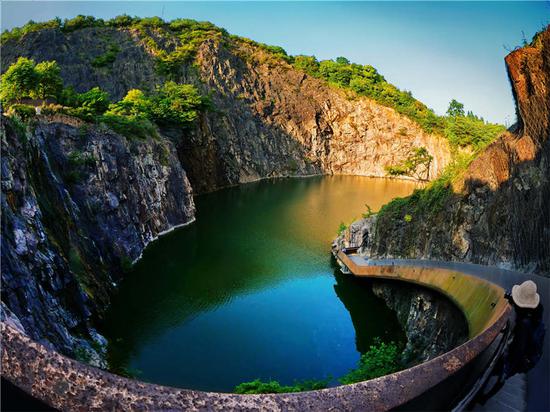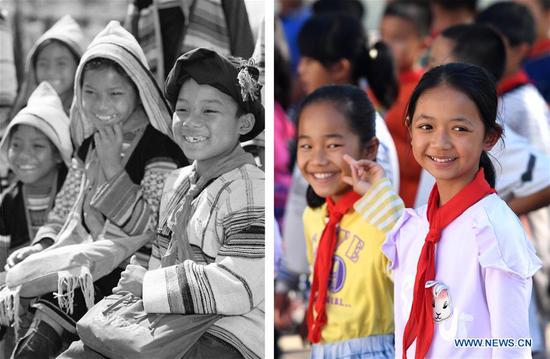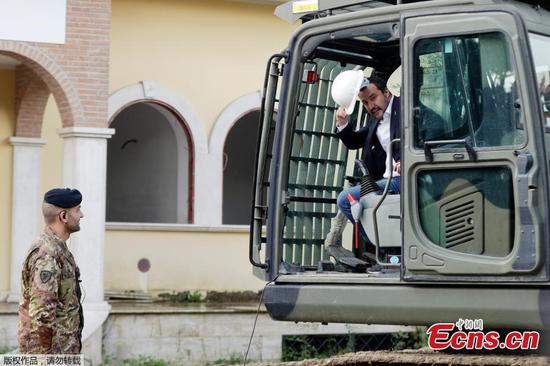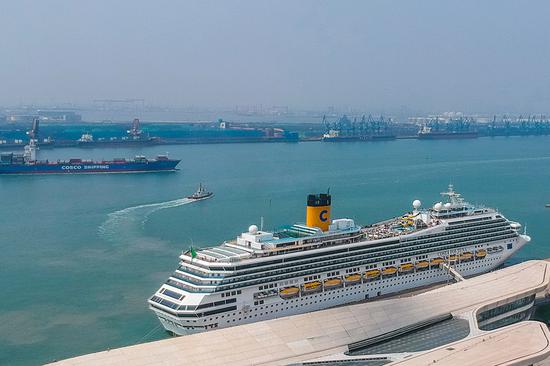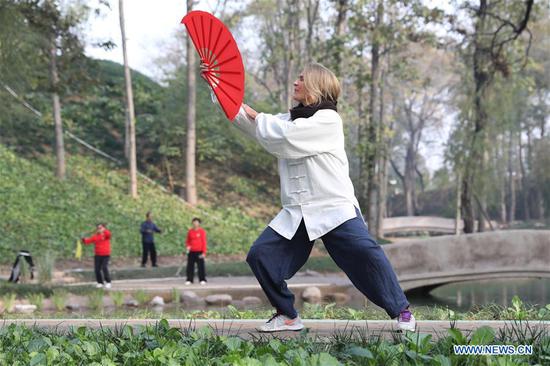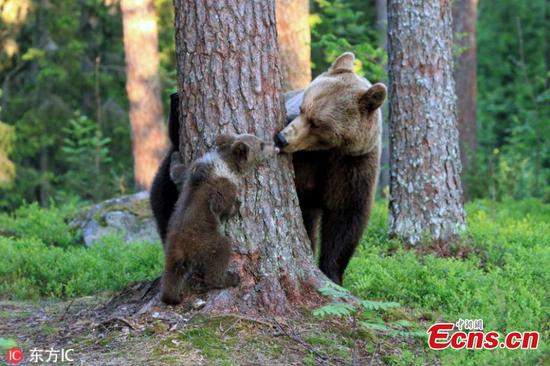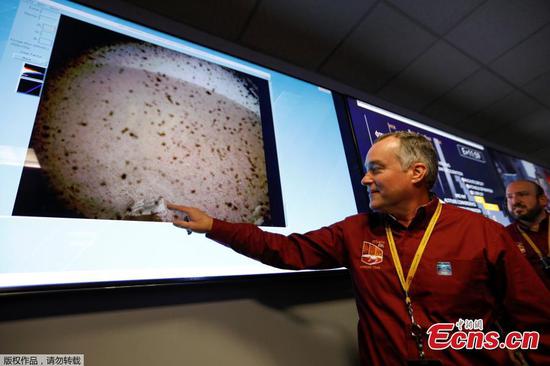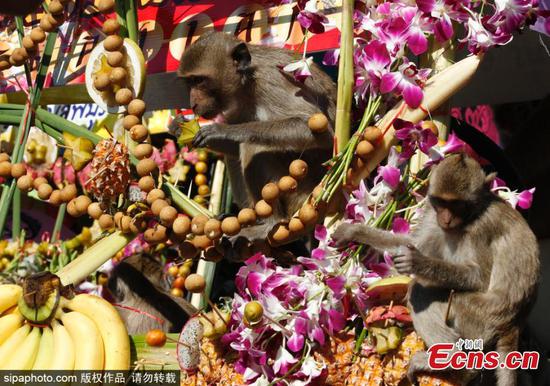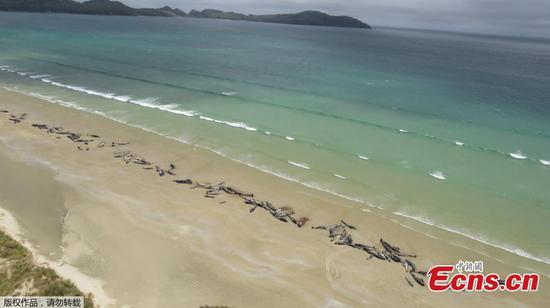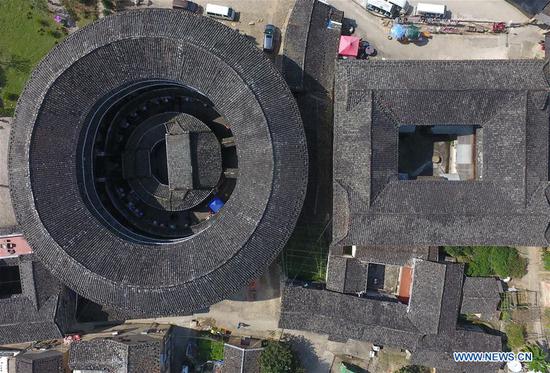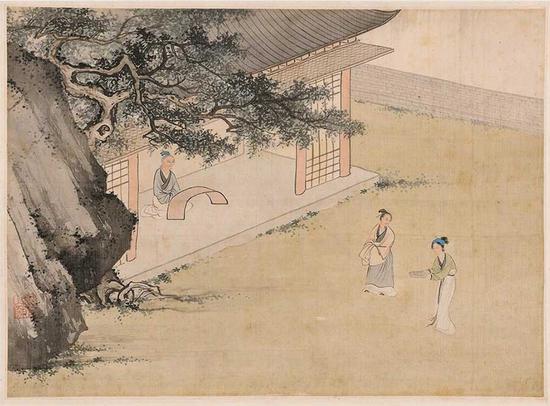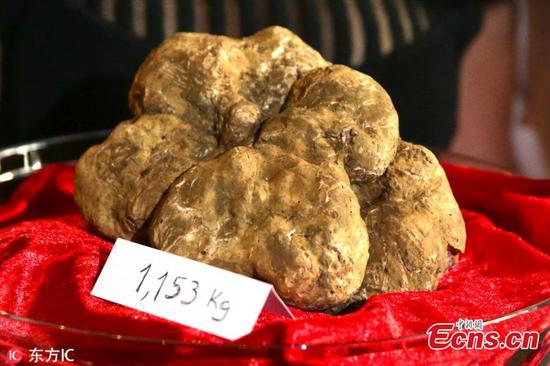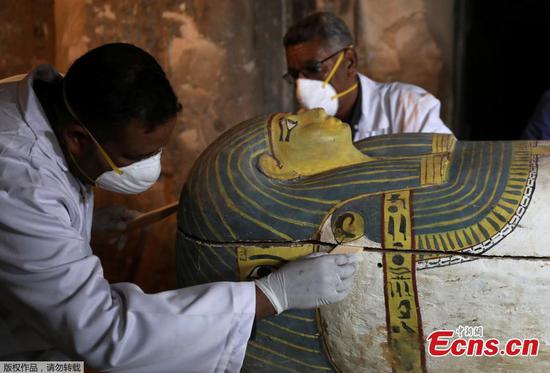China's move to ban importation of ivory has significantly disrupted the illegal market of wildlife products globally, said an expert. What now remains is concerted efforts toward cutting off funds that support illegal trade.
Amado Philip de Andres, regional representative of United Nations Office on Drugs and Crime for Eastern Africa, said there is need for inter-regional and inter-continental cooperation to follow the money trail. "If we don't have cooperation of strong players like China, we will get nowhere. China is showing the way forward in Asia but we need other partners such as Europe and America too," he said.
He was speaking on the sidelines of the Wildlife Inter-Regional Enforcement meeting in Nairobi that was held under the umbrella of the International Consortium for Combating Wildlife Crime. ICCWC is a consortium undertaking the task of fighting the multifaceted nature of wildlife crime and is composed of agencies such as INTERPOL, World Customs Organization, World Bank and CITES and UNODC.
"There is a need to be preemptive and quick to sniff out the money trail and follow it. We know that those dealing in wildlife trafficking are also funding drug, human and arms trafficking and curbing one will have a huge multiplier effect on organized global crime. The need to harmonize legislative efforts across governments is crucial in our campaign to conserve wildlife."
The regional representative said that by following the money trail, assets from criminal organization can be ceased and put in funds to finance development in health, education and tourism.
He underpinned the importance of cooperation saying that countries with mature policies can be reference points for others to ensure a level playing field is developed and combat wildlife crime uniformly. "China is one of the countries helping in controlling deliveries in this region and we applaud that. This corporation should cut across all relevant agencies."
The technique of controlled delivery is used when a consignment of illicit drugs is detected and allowed to go forward under the control and surveillance of law enforcement officers in order to secure evidence against the organizers of such illicit drug traffic.
Miwa Kato, the director for operations in UNODC, commended efforts by experts and researchers in coming together saying it will drive not only inter regional, but intercontinental agenda with concrete domestic commitments. "Governments have shown that they are facing the enormous challenges of international crime, and partnerships are key stepping stones to having success. South-South Cooperation and North-South Cooperation are key to this endeavor," she said.
There is no single country that alone can be able to curb the plight that wildlife crime represents she said adding that it required the greatest degree of cooperation to deliver on the 2030 SDGs goals 14 and 15 are ambitious and requires proportionately ambitious requirements.
"Wildlife crime is affecting biodiversity and slowing down progress and development in areas of 2030 agenda. The challenge is great and makes your presence here in Nairobi all the more important. Opportunities on how you can best support each other in achieving your common goal and space to exchange your experiences with your peers is exactly the spirit of ICCWC. A global problem met by a global corporation at the heart of solution."
This was the first WIRE meeting to be held in Africa and it brought together police, customs, prosecutors and financial investigators from over 20 African and Asian countries with a focus on improving Africa-Asia cooperation on the interception, investigation and prosecution of wildlife crime through the identification of risk indicators and the exchange of relevant intelligence.










